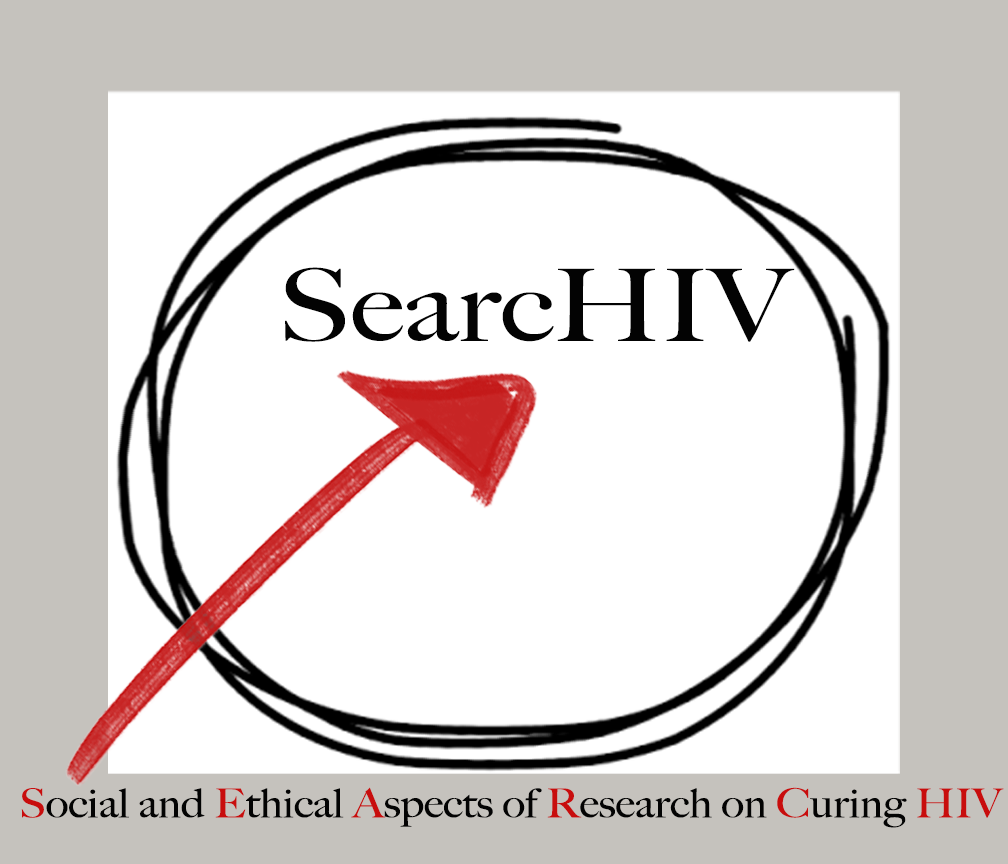By Karine Dubé
Every year, before the Conference on Retroviruses and Opportunistic Infectious (CROI), HIV treatment and cure advocates gather to discuss updates around HIV cure science. Highlights from the CROI 2017 Community HIV Cure Research Workshop are below.
- Maureen M. Goodenow, new Director of the Office of AIDS Research (OAR) at the National Institutes of Health (NIH), emphasized the need to ensure a robust and sustainable HIV cure research agenda. Dr. Goodenow underlined the role of community engagement in HIV cure research efforts, including valuing community perspectives around perceived risks and benefits of research, as well as ethical concerns. “Now is not the time to slow down, but to increase our resolve,” she said.
- Laurie Sylla, defeatHIV community advisory board (CAB) member, and Jeff Taylor, AIDS Treatment Activists Coalition (ATAC) and Collaboratory of AIDS Researchers for Eradication (CARE) CAB member, provided a basic overview of HIV cure research using the introductory CUREiculum module. Laurie and Jeff discussed some of the social and ethical challenges associated with HIV cure research, including high risk and low benefit of research, balancing resources, participant selection, study design, cost, scalability, access and durability of viral suppression off treatment. The community asked for ongoing, reliable information about HIV cure research in lay language.
- Hans-Peter Kiem, from the Fred Hutchinson Cancer Research Center, provided an overview of gene therapy towards an HIV cure. The update focused on allogeneic stem cell transplantations and genetic engineering of cells that would be resistant to HIV infection. Dr. Kiem also discussed considerations around the risks of such research. The key will to gene therapy will be specificity in targeting appropriate genes, together boosting immune responses. Dr. Kiem concluded his talk by discussing possible synergies between the various Martin Delaney collaboratories. Out of the 6 new collaboratories funded by the NIH, 5 are engaged in some form of cell and gene therapy research.
- Merlin Robb, Deputy Director of the U.S. Military HIV Research Program, provided an update on HIV cure research in acutely infected individuals in Thailand. The objectives of this research are to: 1) reduce the HIV reservoir size; 2) increase HIV-specific immune response, and 3) decrease HIV immune activation. Dr. Robb discussed combination interventions planned to be tested in clinical trials in Thailand. The community asked questions about standards of prevention in research focused on groups at higher-risk of HIV infection in resource-limited settings.
- Davey Smith, from the University of California San Diego presented results on willingness to participate in clinical research at the end of life from the perspective of people living with and without HIV, including some of the possible ethical issues and accommodations needed.
- Lynda Dee, Karine Dubé, David Evans, Laurie Sylla and Jeff Taylor presented on the topic of community perspectives of HIV cure research in the United States. Topics discussed including an update on the panobinostat + alpha-interferon study, integrating the biomedical and social sciences around HIV cure research, as well as key findings of ongoing research on community perspectives. David Evans discussed possible future research directions. A key message is that we need to inspire trust with the community by encouraging the stakeholders to ask questions.
- Eileen Scully, from the Johns Hopkins School of Medicine, provided an update on gender-based differences in HIV reservoirs. HIV cure research interventions that target hormonal pathways may significant enhance HIV reservoir reactivation. The community pointed out that scientists should not simply try to increase the number of women in studies, but also attempt to properly power such studies to answer scientific questions.
- The defeatHIV CAB invited members to discuss their perspectives on ongoing HIV cure research, including the role that hope plays in such research. Some of the members brought up issues associated with aging with HIV. Advocates insisted that long-term survivors, post-menopausal women and communities of color should not be left behind in the HIV cure research agenda.
- The meeting concluded with a celebration of the 10th-year anniversary of Timothy Brown’s stem cell transplant milestone (February 2007). See Fred Hutch blog post about this celebration here.

